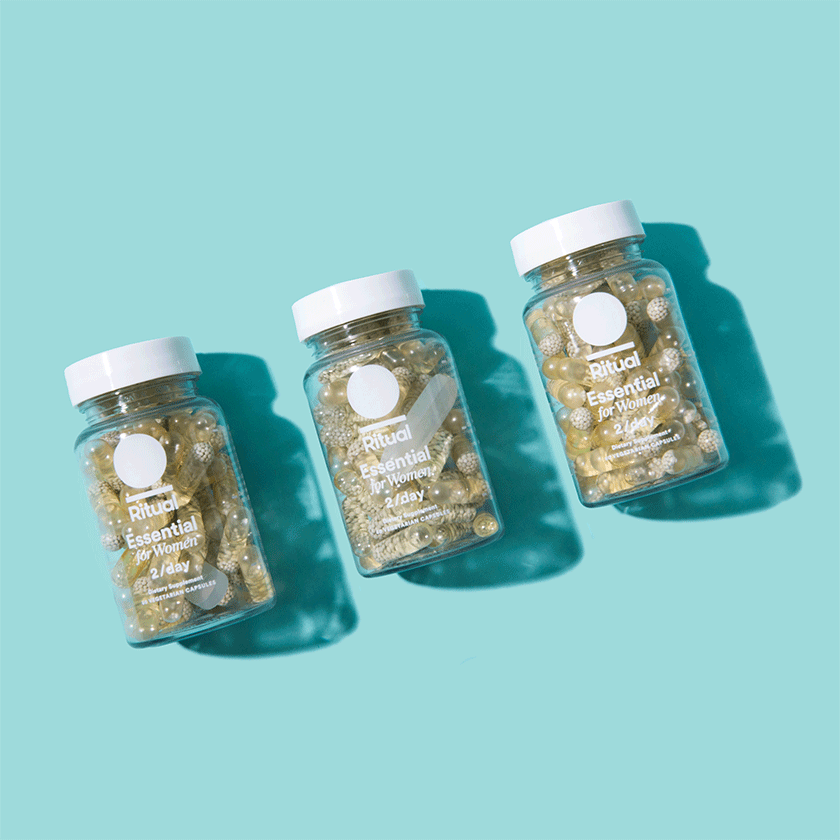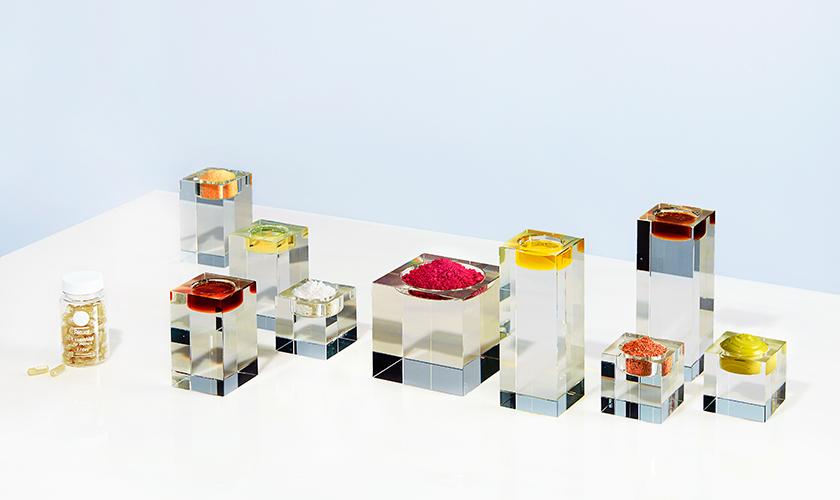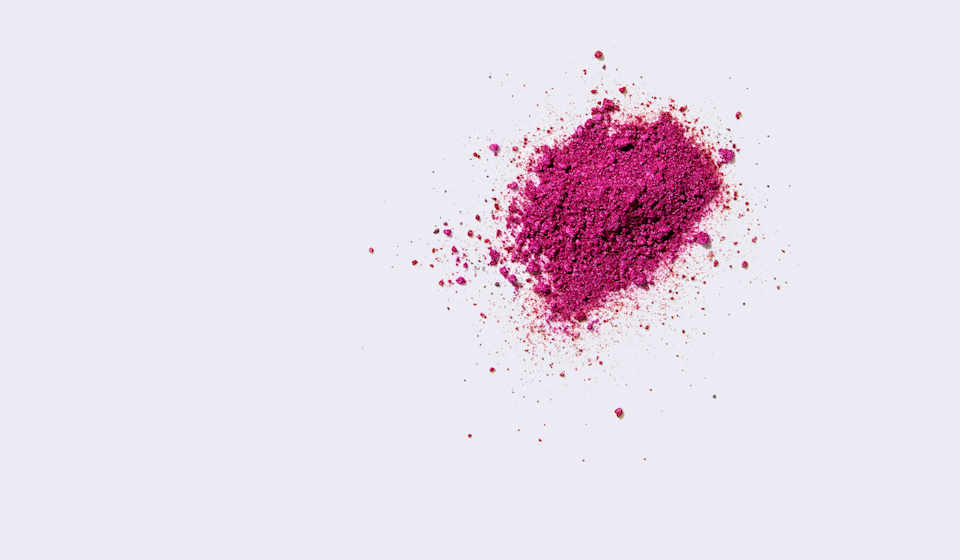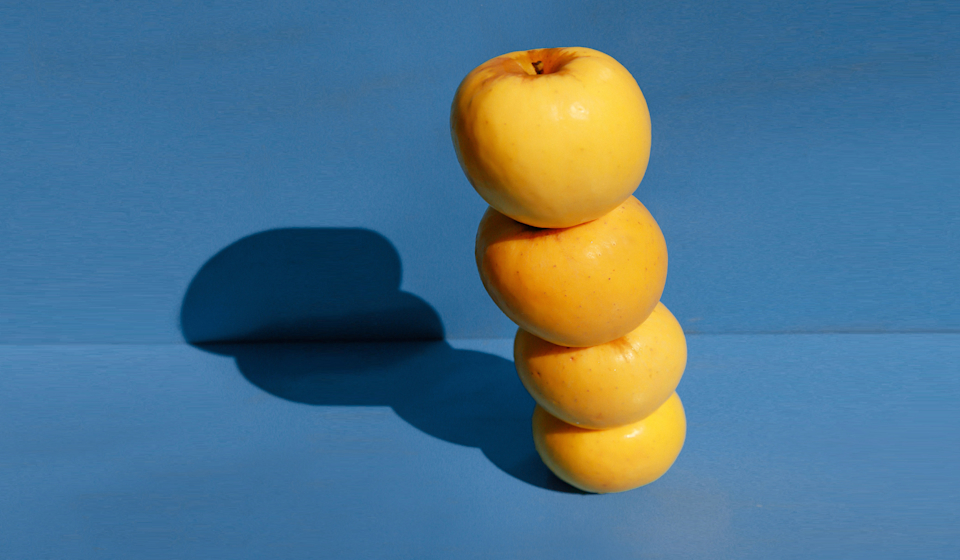Vitamin C. Vitamin C’s great rep is well-deserved, since it helps support normal immune function. But the good news is that US adults typically get adequate amounts from their diets (citrus fruits, broccoli, spinach, and bell peppers, to name a few). It’s also worth mentioning that overdoing it on vitamin C can impact the absorption of certain other nutrients, like B12.
Two important exceptions? Kids (we include vitamin C in our Essential for Kids gummy multivitamins) and women who have recently given birth. Women who are postpartum have higher vitamin C needs, which is why we include vitamin C in our Essential Postnatal. (1)
Copper. Copper is an important supporting player, aiding iron absorption and partnering with it to form new red blood cells. But most adults get enough of it from their diets: nuts, beans, and seeds are great sources of copper.* (2)
Selenium. This mineral aids with our metabolism and thyroid, but we only need a small amount of it—which most women get easily through food sources like nuts and fish.* (3)

Shady fillers and additives have no place in multivitamins.
Nutrient overflow is one thing. Shady filler ingredients are quite another, especially since they may be difficult to discern on a multivitamin label. We skip unnecessary extras like colorants, mystery fillers, sugar, and major allergens like gluten. Instead, we focus on high-quality, vegan-friendly nutrients your body needs… without the B.S.*
Basically, we decluttered the multivitamin for you. But the nutrients we do include in our multivitamins are where we focus on the “more” in “less is more.” It wasn’t enough for us to zero in on common nutritional gaps most of us need help with (and skip the rest). We also had to cross the globe to find high-quality forms of those nutrients, and house them in a minty-tab bottle to help make taking multivitamins a much better experience. In other words, it’s doing more with less—an MO we can definitely stand behind.*
References:
- Office of Dietary Supplements - Vitamin C. (n.d.). Retrieved from National Institutes of Health
- Office of Dietary Supplements - Copper. (n.d.). Retrieved from National Institutes of Health
- Office of Dietary Supplements - Selenium. (n.d.). Retrieved from National Institutes of Health









